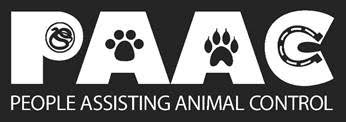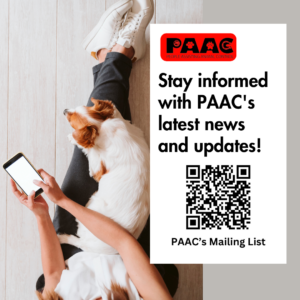What to Expect After Surgery
Your pet has just undergone a major surgery and you may notice a few temporary changes. These changes can include your pet being groggy or sleepy for up to 24 hours after surgery. This is a normal side effect of anesthesia and it is important that you keep your animal confined to a small quiet area away from other animals or children where they can peacefully rest while they recover. Animals can also appear clumsy and uncoordinated so it’s a good idea helping them in and out of the car on the way home so that they don’t accidentally damage their surgery site. Avoiding stairs or elevated surfaces is recommended as well to prevent animals from falling and injuring themselves.
Often animals are not hungry after surgery, even though they have been fasted. It may take 12-24 hours for a full appetite to return. You can offer their regular diet or a bland diet of boiled chicken and rice to encourage eating. If you give chicken broth, please make sure it is low sodium and no MSG.
Remember to Monitor and Protect Your Pets Incision Site!
This is something that is easily done and can help ensure your pet has a safe and uneventful recovery. Unless told otherwise, your pet will not have any external sutures, and neutered male cats will not have any sutures at all. A neutered male cat has an open castration and there are no sutures. Your pet’s incision was also surgically glued to add an extra level of protection and security to their incision site. If the incision was larger than normal, you may also notice some staples along the incision. These add yet another layer of security and will need to be removed 10-14 days after surgery as these will not dissolve on their own.
You will notice that we have tattooed a very small line on their abdomen to indicate to others that they have already been spayed or neutered.
We will check your pet’s incision site before they go home. It’s a good idea to look at your pet’s incision at least twice a day for the first week to ensure the skin is healing properly. Protecting this area is of the utmost importance. Preventing your animal, or others, from chewing or licking at the site is essential to allow proper healing. This can be done by placing an e-collar (cone) and isolating your pet from other animals and children after surgery.
Keeping the area of the incision clean and dry is vital to preventing infection. We recommend that you keep your animal indoors while recovering except to use the bathroom. Even allowing your animal to walk through tall wet grass outside can put them at increased risk for infection.
NEVER CLEAN THE INCISION WITH ANY LIQUIDS. Do not apply any ointments or creams to the incision as it will also cause the sutures to absorb prematurely. NEVER COVER THE INCISION WITH A BANDAID OR BANDAGE. This will irritate the skin and cause bacteria and moisture to be trapped against the incision, absorbing the sutures prematurely. It is critical to prevent your pet from running or jumping during the first 10 days after surgery. Limiting activity will help prevent unwanted complications such as inflammation, incision pulling open, bleeding, or development of fluid pockets in the tissues. Dogs should only be allowed outside on a leash to limit activity. All animals receive a 24-hour pain injection at the time of surgery. It is highly recommended you give pain medication that can be purchased at intake the morning of surgery. Pain medication should control any discomfort from surgery. DO NOT ADMINISTER ANY ADDITIONAL OVER THE COUNTER OR PRESCRIPTION PAIN MEDICATION TO YOUR PET. DOING SO CAN CAUSE ISSUES OR DEATH.

